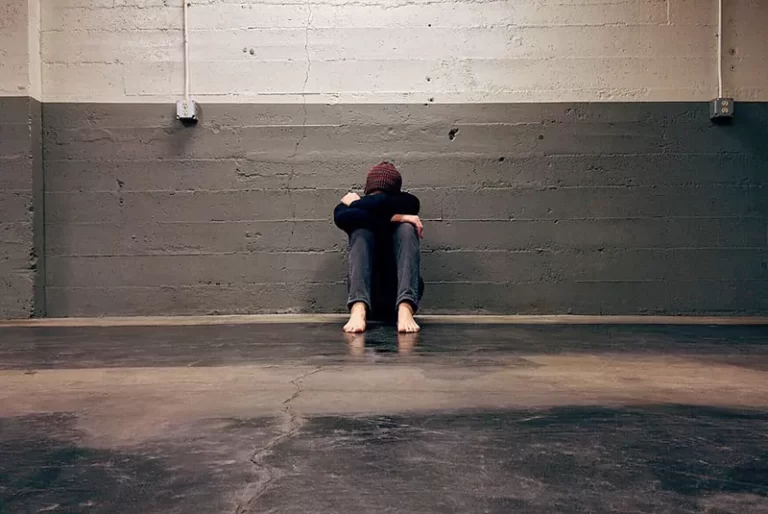
You could get in trouble if you violate an intervention order, whether you are going through a divorce or moving to a new house. These pitfalls can be avoided with a few simple steps. These tips will help get you back on your feet quickly!
Penalties for contravention
Contraventions of an intervention order have not been punished as harshly as they were in years past. While a fine is the most common penalty, you may also be sentenced to time in prison if you are not lucky. A good idea is to contact a few lawyers to help you negotiate a fair deal. One should also remember that no one should be above the law. Although the court system is intended to protect the vulnerable, you will need to behave well if you want to avoid a life-altering arrest. If you need legal advice, you can find free legal advice at the Legal Services Commission. You might also want to read up on the relevant legislation before taking a trip to court, or you might end up in the wrong place.
It is important to note that the above mentioned fine is actually the most common sentence. There are several other penalties involving this same order, and there is an apex governing the aforementioned. This is not to say that the above mentioned order is not serious, but that an investigation is required to prevent the worst from happening. If you are not lucky, you could be brought before a judge for a fine, a suspended sentence or a court summons. Contact the Court Services Commission at 13 13 11 or by email for more information. We are always available to assist you. These tips will help you save time, money, as well as avoid a court appearance. If you are unfortunate enough to be in court, the following tips might help you avoid a minor tiff.
There are many things you can do and many things you should avoid
You must act quickly if you are at high risk of any of these situations. Hopefully, the above mentioned penalties will save you a night out of town and a life changing arrest. You might even find that you are able maintain your cool. You might be surprised at how many cases the above-mentioned order covers, and that you didn’t even know about them.
Before your next court appearance, make sure to read all the penalties for violating an intervention order. If you have trouble remembering the name of a court official, write it down and call a taxi. Alternatively you could write it down on your courtroom. If you are unable to do so, ask the officer whether you were unfairly treated and ensure that you don’t commit similar offenses in the future. Hopefully you found the information useful and know how to deal with the penalties for violating an intervention order.
Penalties for assault causing harm
It doesn’t matter if you’re a civilian or a member of the police, assault causing bodily harm by breaching an intervation is serious. This offense can result in prison time and may also require a fine. You should consult a criminal defence attorney if you are facing charges for this offense. You may be able negotiate a plea bargain or get out from jail before a judge if you have a lawyer. To be sentenced, you must follow the court’s rules if you agree to plead guilty. You may be required to surrender your firearm to the court, depending on the nature and severity of the offense.
There are three main types if assault is done to an intervation. These include common assault, assault in the third degree and assault in the first degree. In the United States assault in first degree refers to an intentional injury that causes serious bodily harm to another person. New York’s assault in the 1st degree is a Class C felony that carries a maximum penalty of 15 years in prison. Other penalties include up to seven years in a state penitentiary, as well as fines of up to $500,000.
Assault in the 3rd degree is a less serious offense and can result in a penalty of up to $500. Assault with an offensive weapon, such a bat, can lead to a third-degree felony. Using a deadly weapon is an offense under 45-8-323. A judge can also enforce this law if the firearm is used to commit the attack.
Assault on a person who is breaking an intervation can be as simple and as complex as spitting, or as complicated as using a deadly instrument. If the victim falls, pushing them out of the way can be considered assault.
A sexual assault is a much more serious offense and can be punished with both a fine as well as jail time
A person can be accused of assault causing damage when breaking an intervation if they can prove that the victim was inflicted in a way not necessarily good. This may apply if the victim is not a policeman but a member the public or private citizen. If the attack was unprovoked, however, assault causing injury during an intervation could be brought against a victim even if they were a police officer. In some cases, the offender can be found guilty for assault causing harm during an interaction if they were conducting a citizen’s warrant. If they believed they were acting for the best interest of their department, there are also instances in which an off-duty police officer could have acted within the scope of their duty.
The most important thing to remember when it comes to assault causing harm when breaching an intervation, is to consult a criminal defense attorney and make sure you’re not charged with anything more than a simple misdemeanor. You should not give any information to the police, and you should also contact a lawyer before your arraignment.
Agreeing to an intervention order without consenting to what is being said against you
Getting an intervention order can be a frightening experience. An Intervention Order can have serious repercussions and you could be charged with a criminal offense if you violate it. If you have any concerns about an Intervention Order, it is important to seek legal advice.
An Intervention Order can be applied for if you are involved in domestic violence cases. This will protect you and your family members. You can apply for an Intervention Order yourself, or you can ask the police to apply on your behalf. The application will be taken to court by the police, who will issue a summons for you to appear at a hearing. You will be asked to provide details of the case and the circumstances surrounding it. The hearing will normally take place in a local Magistrates’ Court. If you need an interpreter, a free interpreter will be provided.
An Intervention Order can have any number of conditions. These conditions might include restrictions on where and how often you can travel to work, or a limit on the number of times that you can visit a grocery store. You can also be required to attend counselling. Failure to attend counselling could result in a fine of up to 10 penalty units. If you don’t agree to any conditions, you can still request a change to your Intervention Order.
An Intervention order can also restrict a person’s ability to contact children
In some cases, you might be able to contact your children outside of court orders. This type of contact is regulated by the Family Law Act. The Family Law Court can be applied to if you wish for your children to see you. No matter what the order says, it is best to keep your voice professional and avoid any telephone conversations.
A final order is a longer-term order that can last for months or even years. It is often 12 months, but can be extended for a longer period of time if the risk of further family violence is high. An Interim Intervention Order can be applied for, which is a shorter term order. These orders can be extended for a period of months or years.
An Intervention Order application will require you to give details about the incident that led to your application. An approximate time frame for the violence will also be required when you apply for an Intervention Order. These details will help to disprove the application. Evidence from witnesses may also be helpful in supporting the application. You can also request changes to the order.
You will not be charged with any criminal offense if you consent to an Intervention Order. If you are charged with violating the order, your criminal record will be created. You could face a fine or be sent to prison. It is best that you seek legal advice before consenting to an Intervention Order.











